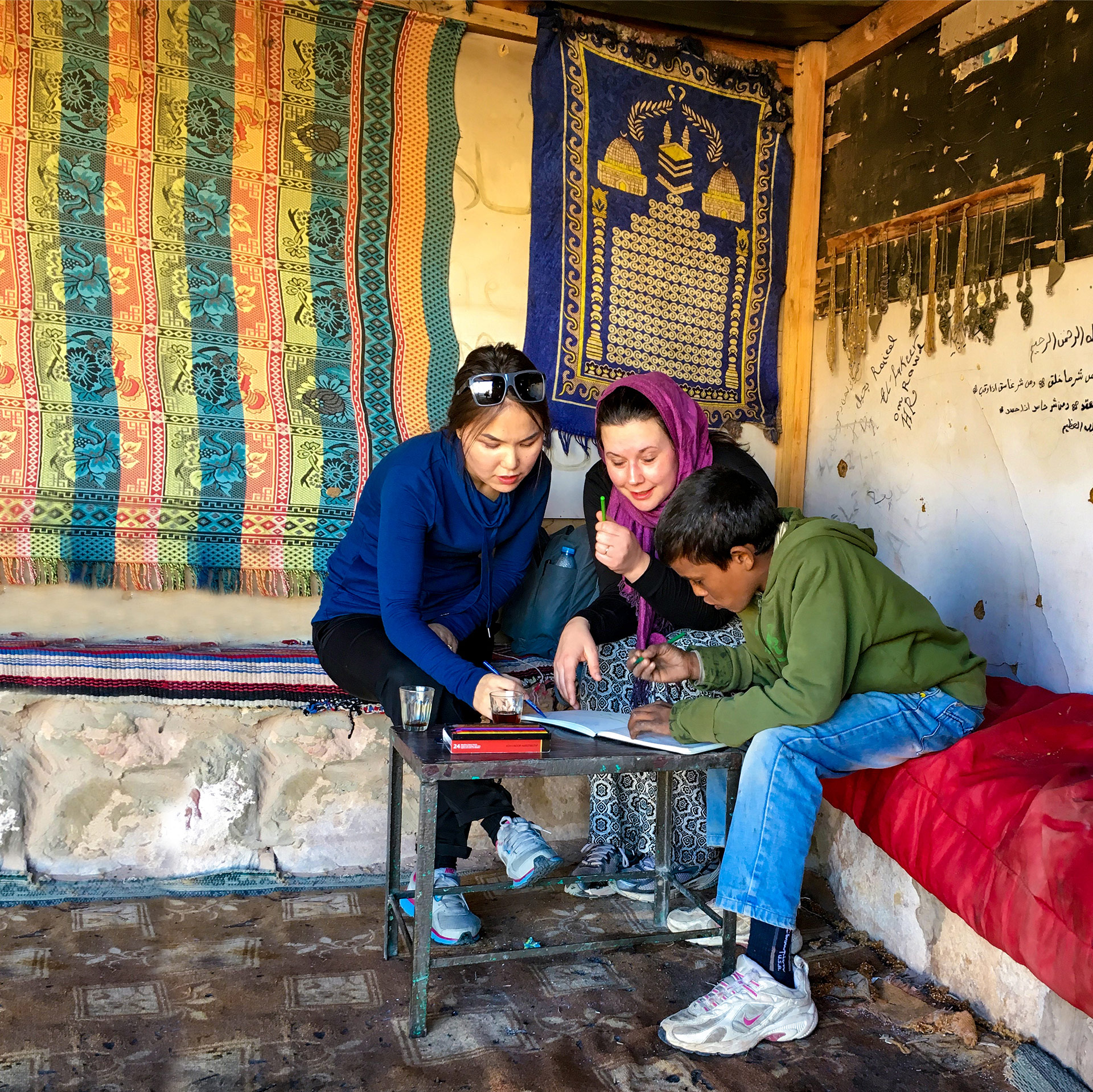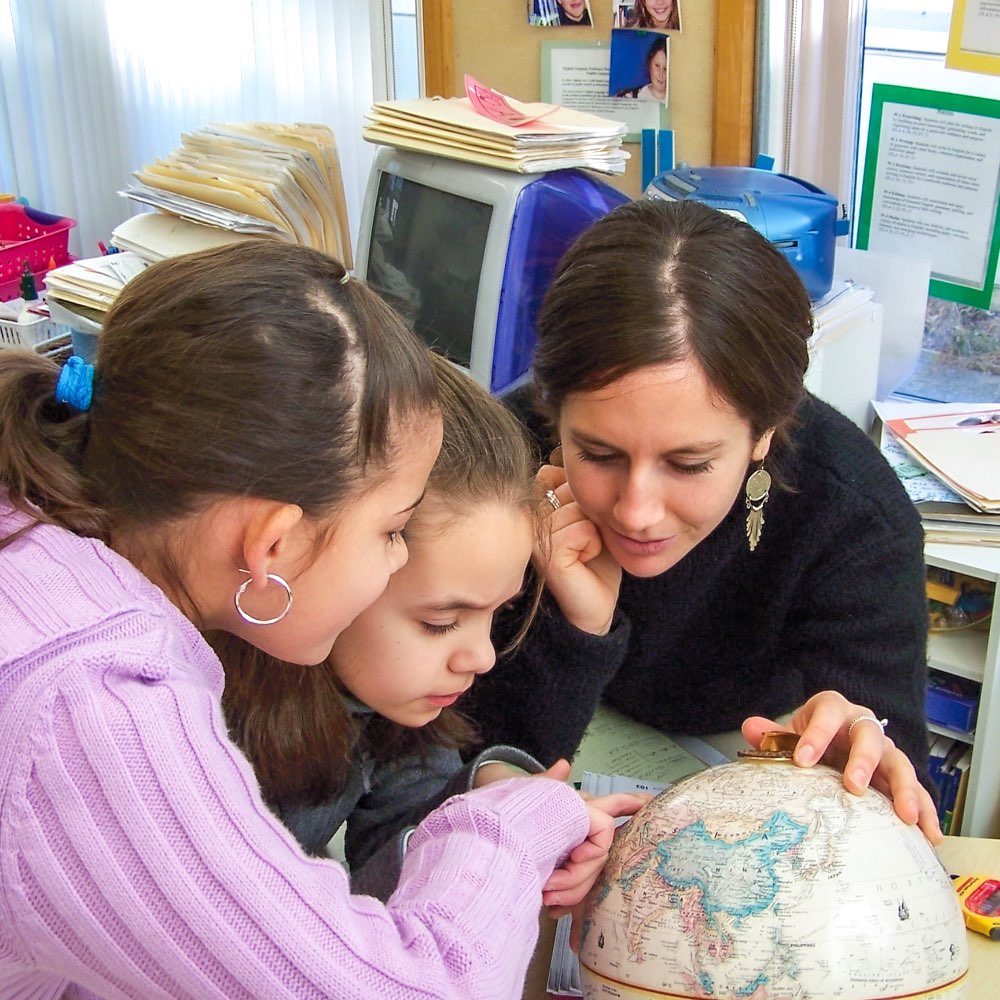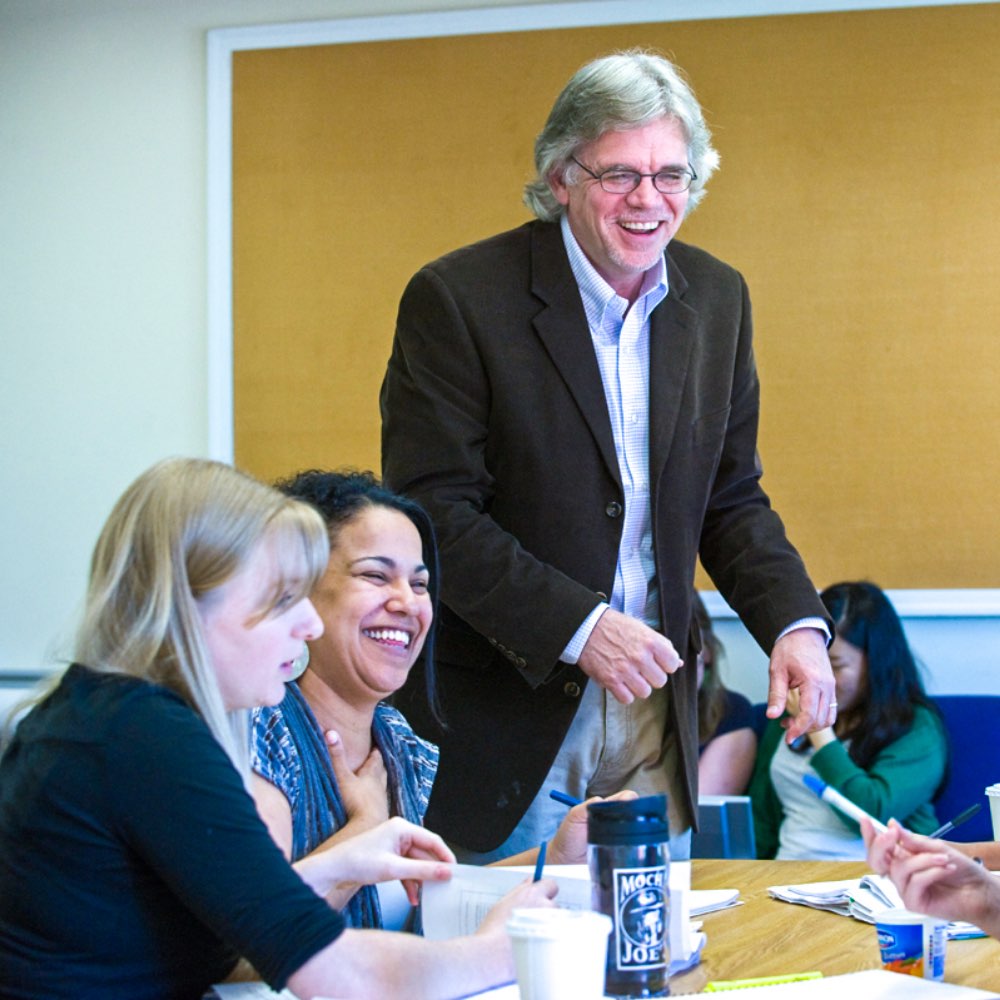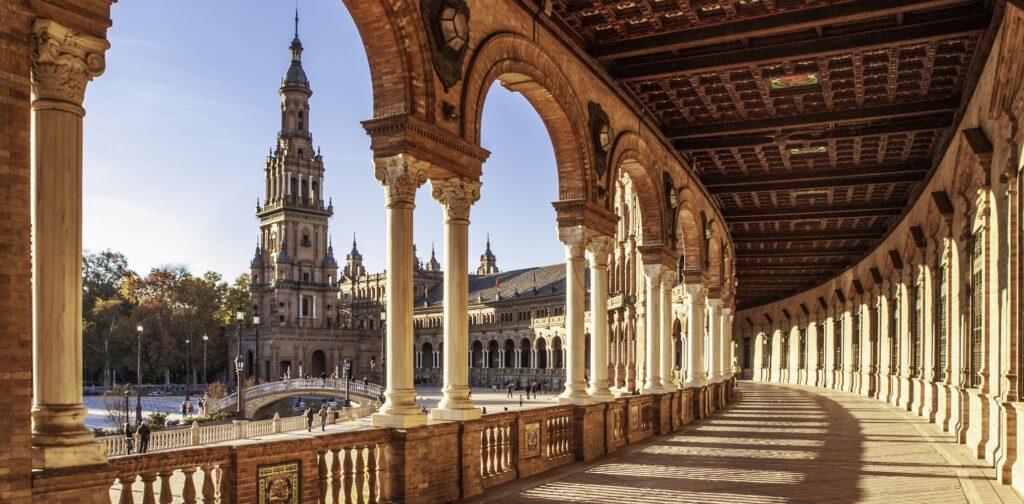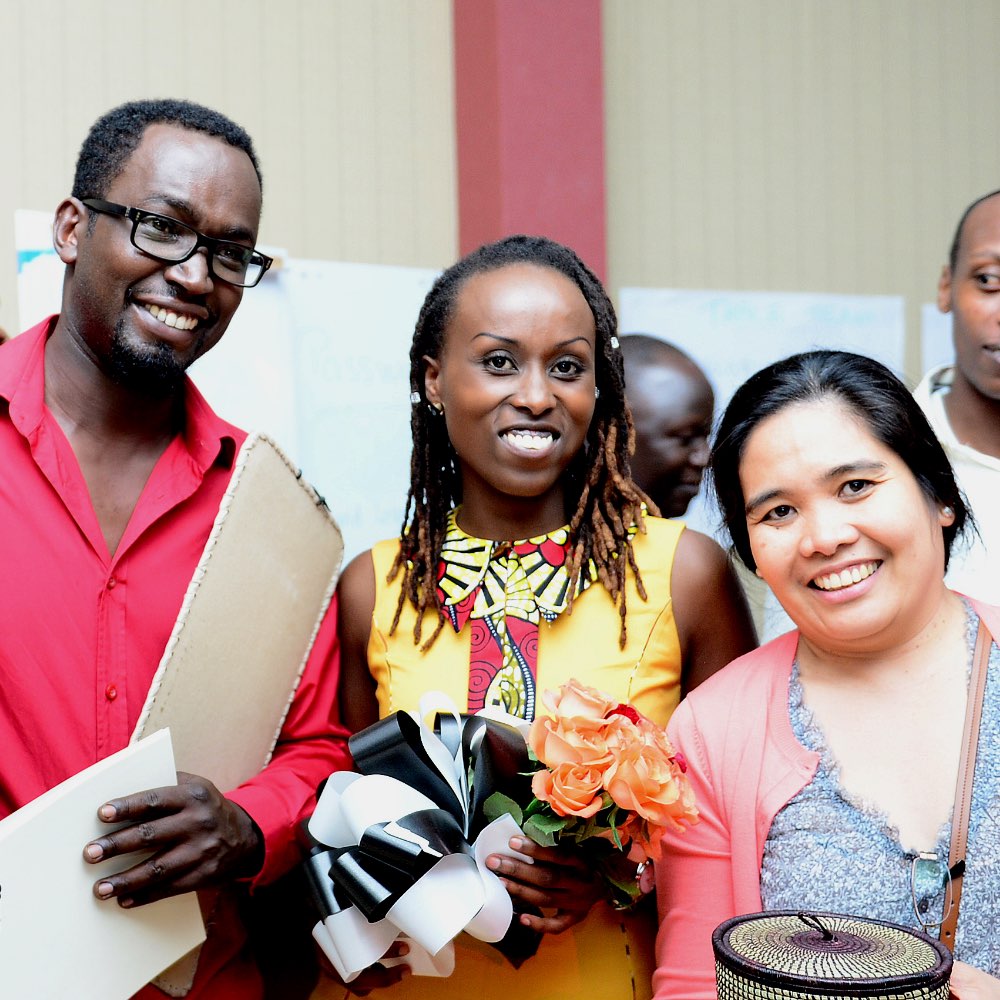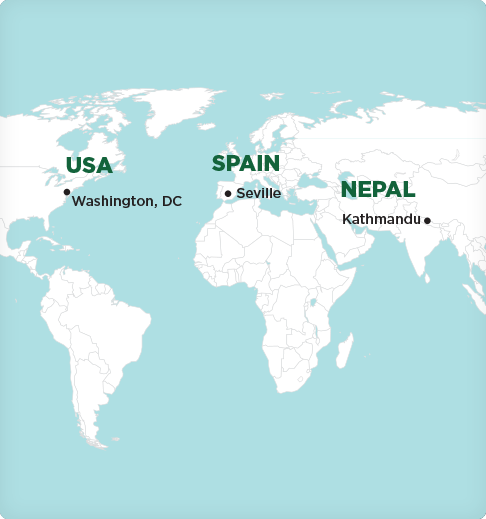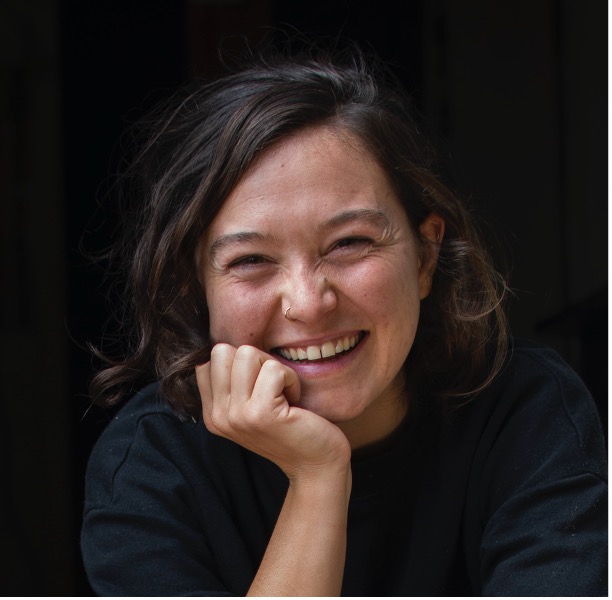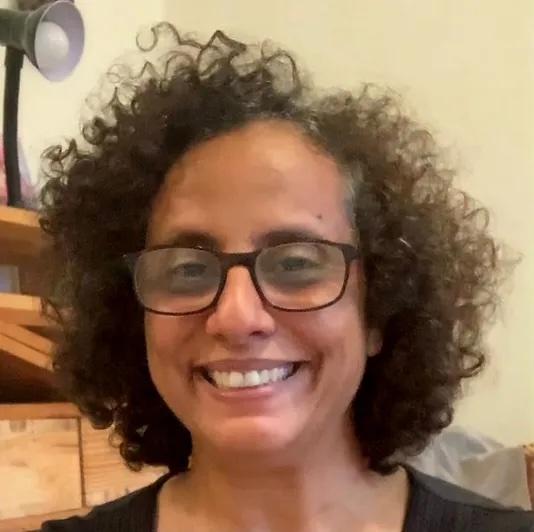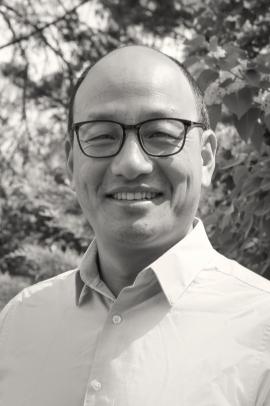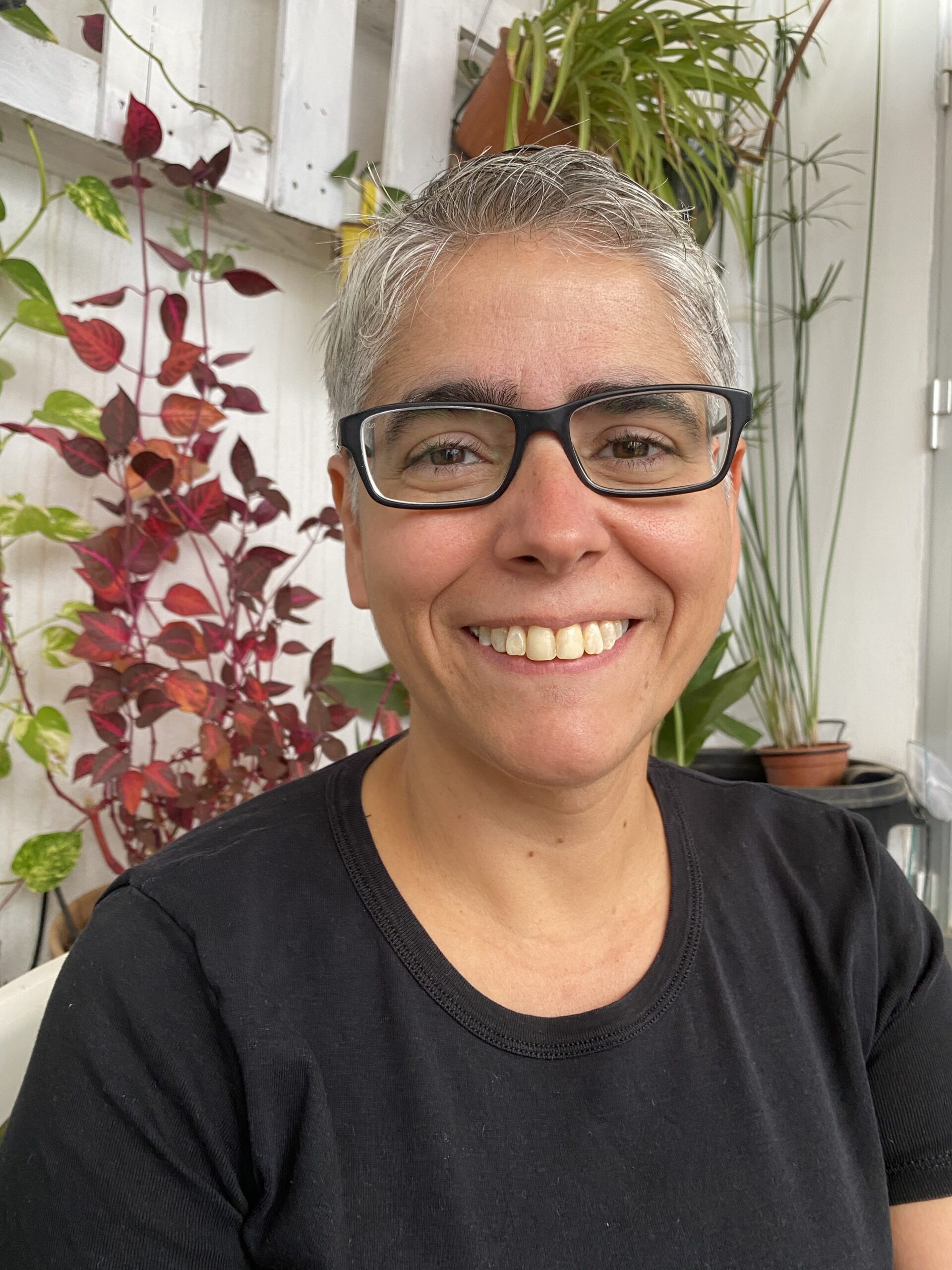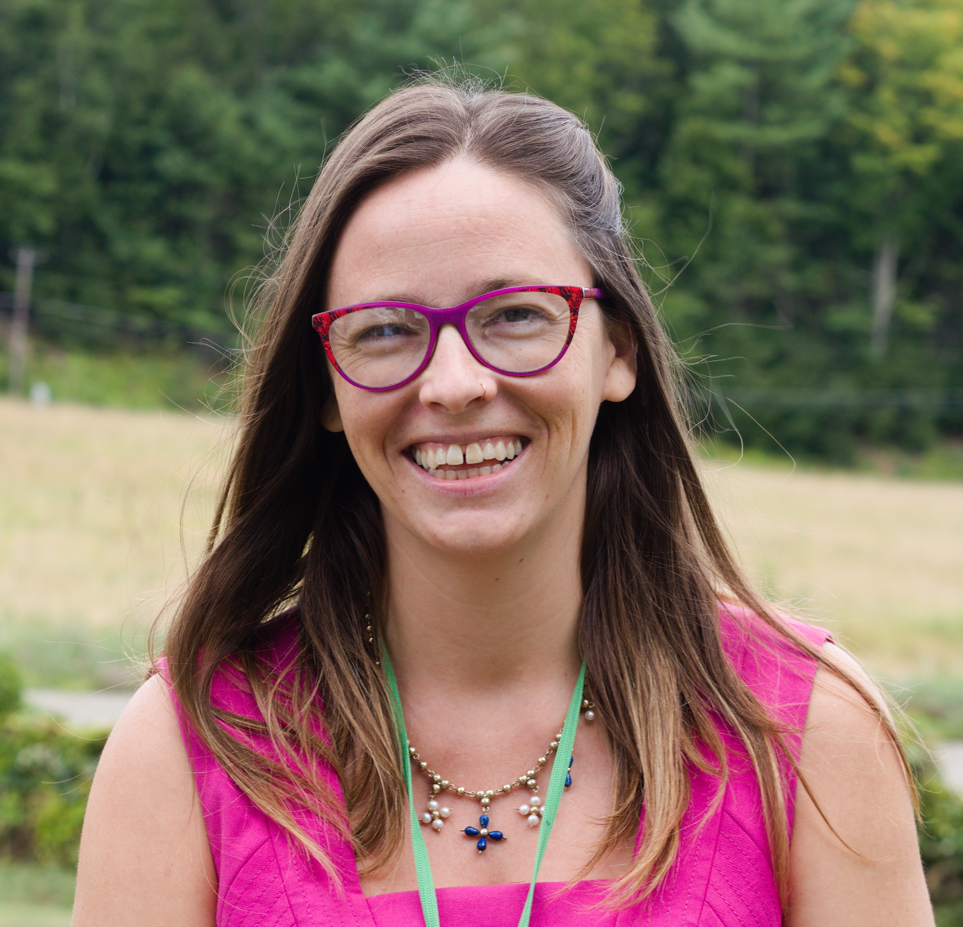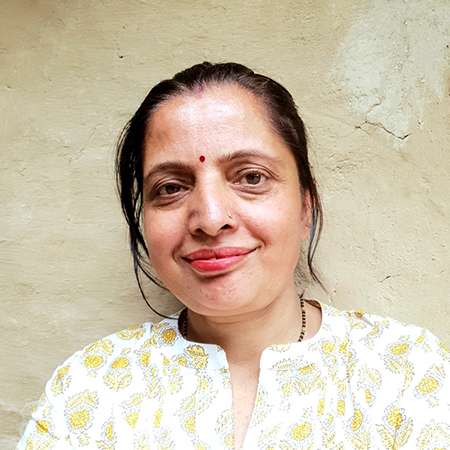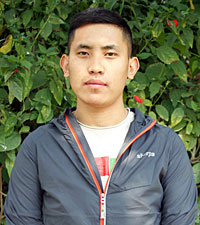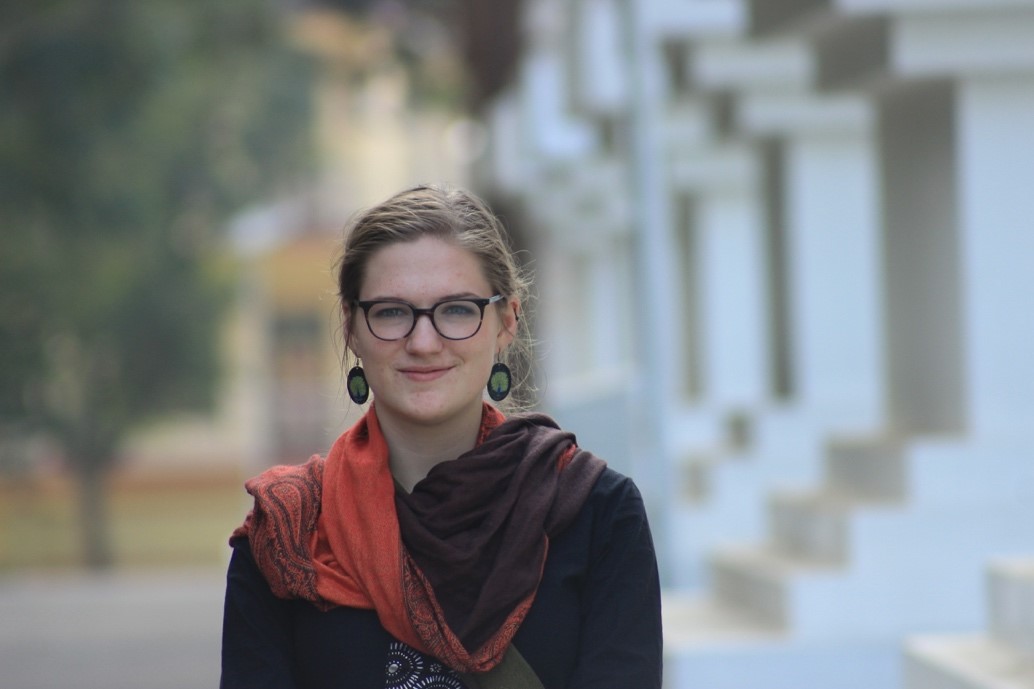WHY A MASTER'S IN INTERNATIONAL EDUCATION?
Become a leader in international education and gain a global perspective through hands-on experience across diverse cultures and educational systems in Spain, Morocco, and Nepal. Through SIT’s experiential learning approach and immersive study in these distinct regions, you will develop critical skills in intercultural communication, leadership, program design and evaluation, policy analysis, and research—competencies essential for today’s socially minded international educators. By the end of the program, you’ll have the knowledge and expertise to design and implement educational programs that meet the needs of diverse learners in both formal and nonformal settings.
During your first semester in Seville, Spain, you will explore the educational policies and practices of Spain, Europe, and the MENA region through an excursion to Morocco. Through engaging seminars, lectures from local experts, field visits to schools and institutions, and hands-on experiences with pedagogies such as project-based learning, community-based learning, and social and emotional learning, you will gain a deeper understanding of the challenges and opportunities faced by educators in these regions. You will also engage in designing programs for international education contexts.
Your second semester takes you to Nepal, where you’ll deepen your understanding of education development. You’ll explore the educational systems of Nepal and other countries in the Asia-Pacific region, applying global education theories to regional contexts. Through weekly field trips, including visits to rural areas, you will observe firsthand the impact of education on local communities, gaining a comprehensive understanding of global education trends and the unique challenges and innovations shaping education in Nepal and the broader Asia-Pacific region.
In your third semester, you will embark on an independent practicum anywhere in the world, applying your learning in a professional setting of your choice. This personalized experience, along with your capstone research project, will give you the opportunity to focus on a specific area of international education that aligns with your career goals. By the end of the program, you’ll be well-positioned for leadership roles and rapid career advancement in the field of international education.

